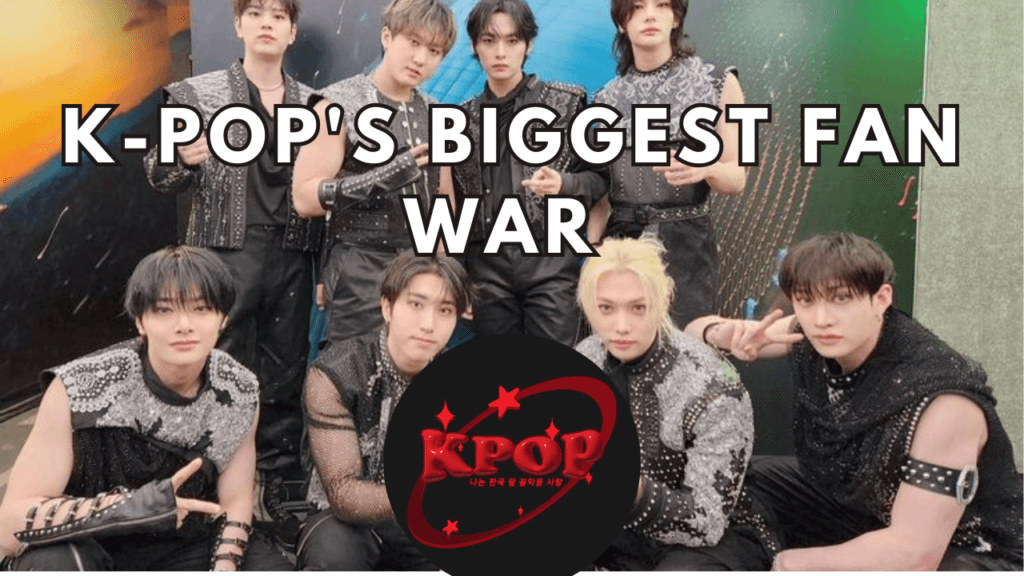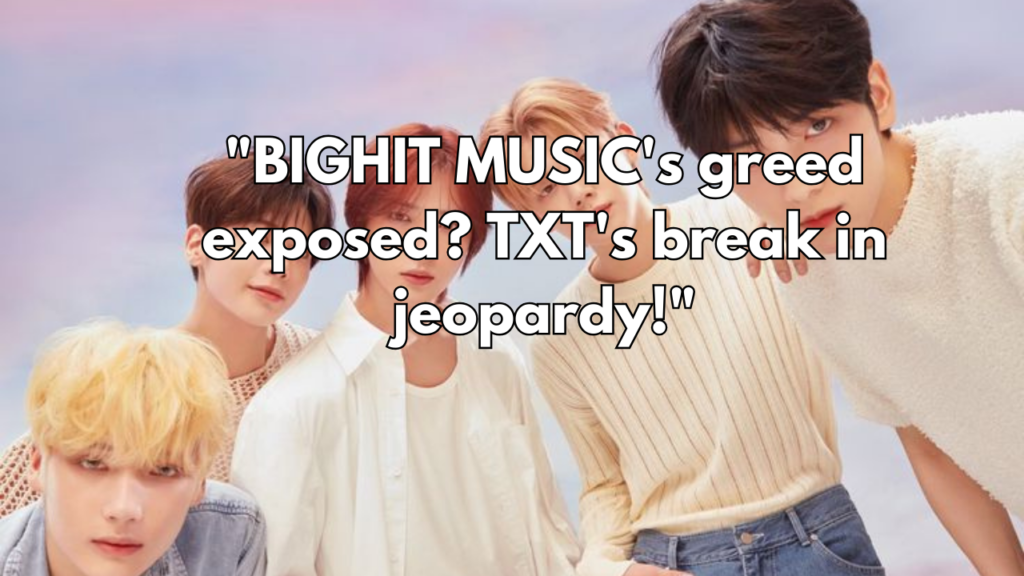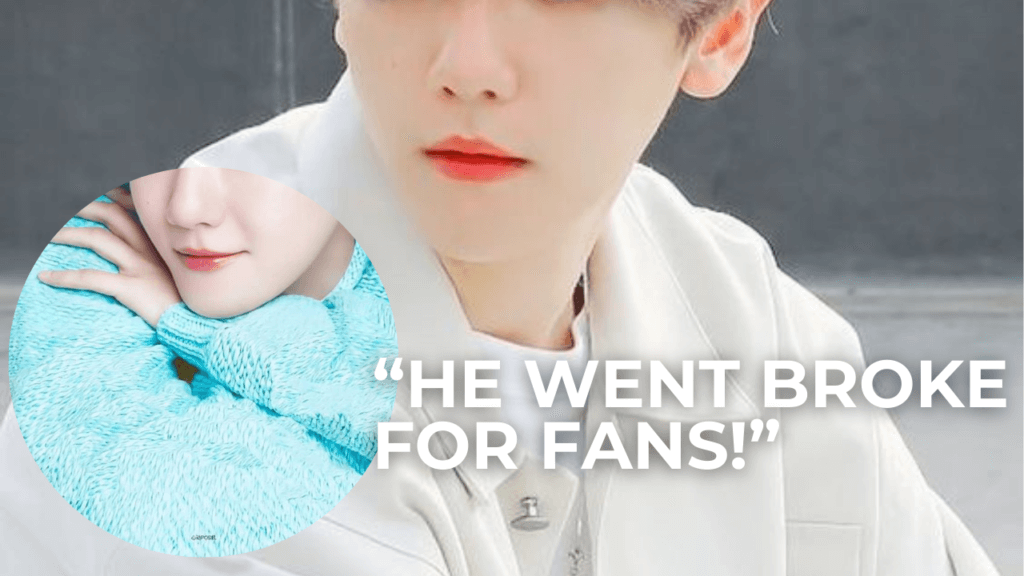The K-pop industry is currently embroiled in a significant controversy surrounding HYBE’s alleged media play tactics. A recent TenAsia article comparing SEVENTEEN and Stray Kids has ignited intense discussions within the K-pop community, highlighting the complex dynamics of market dominance and industry competition. The controversy primarily revolves around concert attendance figures and claims about market leadership during BTS’s military service period.
Concert Statistics Spark Debate
Stray Kids has demonstrated remarkable global growth through their current world tour, featuring an impressive 25 stadium performances out of 41 total shows. This achievement marks a significant milestone in their international career trajectory. In parallel, SEVENTEEN’s recent tour has showcased their own substantial influence, drawing one million attendees across 28 shows and maintaining an impressive average of 30,000 fans per performance. These statistics have become central points in the ongoing debate about industry leadership.
HYBE’s Media Strategy Under Scrutiny
Industry observers and fans have raised serious questions about the timing and editorial approach of TenAsia’s article. The publication strategically positions SEVENTEEN as K-pop’s leading male group during BTS’s military service, a claim that has sparked considerable debate. Critics argue that this narrative appears calculated to minimize Stray Kids’ achievements while disproportionately highlighting SEVENTEEN’s success. The controversy has led to broader discussions about media manipulation within the K-pop industry.
Fan Communities React
The K-pop community’s response to these comparisons has been swift and passionate. Fans from both camps have expressed strong concerns about the creation of unnecessary competition between the groups. Both SEVENTEEN and Stray Kids have independently demonstrated significant growth in global markets, particularly in North America, where both groups have achieved notable chart success and growing fan bases. The controversy has highlighted the delicate balance between healthy competition and manufactured rivalry in the K-pop industry.
Industry Impact and Market Dynamics
The situation has broader implications for the K-pop industry as a whole. Entertainment companies’ marketing strategies and media relationships have come under increased scrutiny. Industry experts note that such controversies could potentially impact future collaborations and industry relationships. The debate has also sparked discussions about transparency in reporting and the role of media in shaping public perception of K-pop groups.
Final Thoughts: HYBE SEVENTEEN Stray Kids Controversy Continues
This ongoing controversy underscores the increasingly competitive nature of the global K-pop market. As groups continue to achieve international success, the industry faces new challenges in managing competition, media relationships, and fan expectations. The situation raises important questions about the balance between promotion and fair representation in K-pop media coverage.
What are your thoughts on this situation, Seoul Crushers? How do you think such controversies affect the K-pop industry’s global image? Share your perspective in the comments below!







